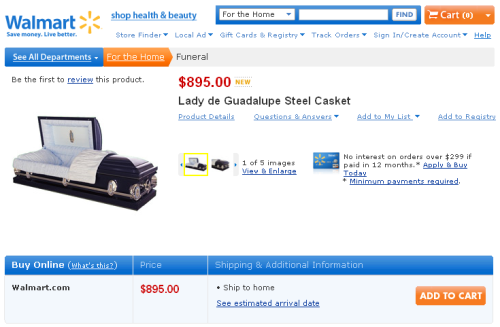Just a few years ago Cadbury purchased a number of consumer products from Pfizer after the pharmaceutical behemoth acquired Warner Lambert. Products like Trident gum, Halls cough drops, and more joined the Cadbury Bunny lineup of confectionery products. None of the brands seemed to suffer, and Cadbury shares enjoyed a nice boost.
But what’s next for those brands?
Well, if Kraft has anything to do with it, those Cadbury-owned brands will join the Kraft lineup, which already includes Oreo and Philadelphia Cream Cheese, in a hostile takeover of Cadbury by Kraft.
And here is where the branding conundrum begins. Do consumers truly notice when brands are sold and acquired? Are they insulated from the activities of the parent company on a consumer level? That certainly seems to be the case for Trident, Halls, Oreo, and other consumer products that are not closely tied to a parent company brand name. Naturally, it’s not always the case though.
And does a lack of connection to a parent company brand make a product brand more attractive for hostile or friendly takeover?
I think the argument could certainly be made that allowing product brands to stand on their own can make them more valuable, particularly in today’s climate of rapid news sharing, excessive lawsuits, and shady business practices. I suppose it’s a cyclical battle that mirrors the historical pattern of corporate centralization to decentralization, back to centralization, then decentralization, and so on.
So I’m playing devil’s advocate and asking what you think? In today’s world, is it better for product brands to disassociate themselves from their parent company brands or is there still value in tying product and company brands together?


